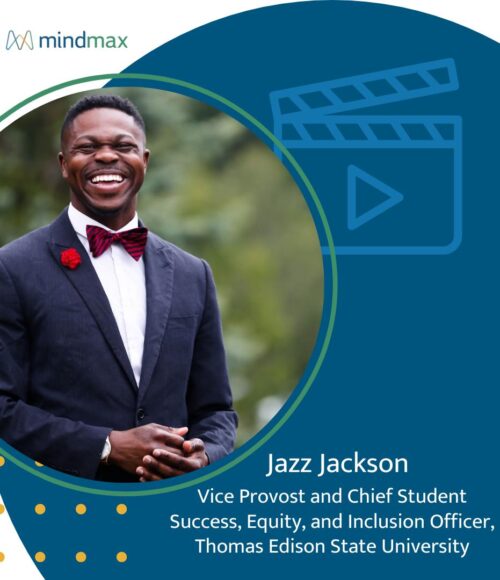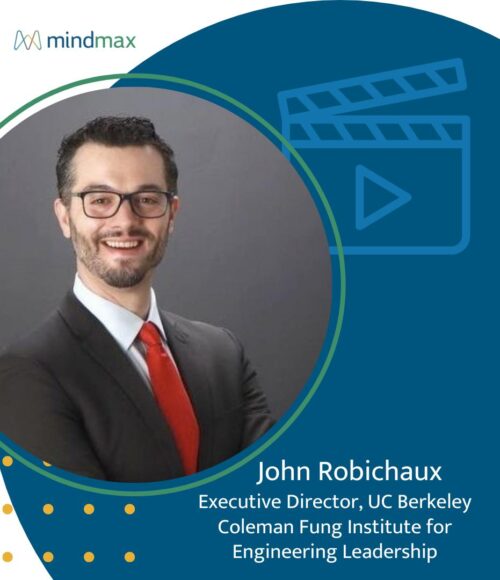Is Today’s College a Career Killer?
Why are so many recent college graduates struggling to find a job? Because today’s colleges don’t teach enough of the real skills organizations need.
The current educational-industrial complex is bogged down in 19th-century thinking. It’s still operating in an agrarian calendar, with inflexible “semesters,” and curricula developed decades ago. Innovation is rare, and change is glacial because universities are constrained by the time lags of faculty committees, provost approvals, and locked-in administrative cycles.
That works for colleges and their financial goals. But it doesn’t necessarily produce employees that employers want to hire.
I think there’s a better way.
Technology is changing our lives in every way, but particularly in the workplace. From the convenience store that accepts smartphone payments to the massive manufacturer that uses robotics to make products, stuff them into boxes, and then affix postage, the pace of change demands a new kind of graduate.
Get comfortable with unfamiliarity.
Job descriptions are becoming extinct almost as quickly as they are written. Organizations of all kinds are seeking men and women who can apply creative and strategic skills to an ever-changing competitive environment. They need to be bright, flexible, and open to change. They need to be able to apply multiple approaches to unfamiliar situations because that is what they will face time after time. Yet they also need industry-specific knowledge and skills required for today’s and tomorrow’s organizations—companies that are tech-savvy and tech-driven. If you don’t understand technology today, you don’t understand business.
What, then, is a better educational model?
How about closer university-company partnerships? Perhaps we need the Googles and Facebooks to pair up with colleges to present what Google and Facebook would like their next employees to know. And we’re not talking four years, broken into semesters. We need to see more online courses presented from August 1 until October 15. Or just Tuesday through Friday, next week. Or, like the new model of TV shows, make the whole course available all at once, so students can learn it at their own pace, a sort of binge learning.
The standard college model is attractive to starry-eyed high school seniors, but becoming irrelevant to the important players at the end of the tunnel: employers.
We need breakaway thinking.
What we need are more institutions of higher learning with thinking out on the frontier. The model of “we’re special,” “we’ll prescribe what you need to know,” and “you’re lucky to get in” is counter-productive. We need more breakaway models, with ideas such as inclusive admissions—if you can do the work, you can study here. For example, the Harvard Extension School allows anyone (regardless of family background, former academic record, or work experience) to pursue a master’s degree if they are able to earn a B in at least two Harvard Extension undergraduate classes.
Competency trumps degrees.
Colleges offer degrees, but companies would prefer to hire proven competency. Certification, as judged and provided by active professionals in a given field, is a simpler process than degree-granting, and is valuable to employers. MOOCs (massive open online courses) are an excellent route to certification. Places like Southern New Hampshire University, Grand Canyon University, and the University of Wisconsin have competency-based certification. An enterprising student can compile a selection of relevant certifications and become the job candidate who moves to the head of the pack.
Companies don’t want to spend time and money training new hires; they want to make and sell products or services. But if they find the right university partners, they can start molding the kind of employees who can hit the ground running. Not only that, companies with simpatico university partners can together develop just-in-time learning about a new technology or emerging business paradigm. Thus the student-college-company relationship could range from two weeks to 25 years, depending on the benefits to each participant.
You don’t need a four-year degree to do many of today’s—and just as importantly, tomorrow’s—jobs. The higher education model needs to change for the health of our students, and the health of our own economy.
Related Ideas
Jazz Jackson Wants to Help Every Student Finish What They Start

John Robichaux Wants Lifelong Learning to Drive Public Impact
